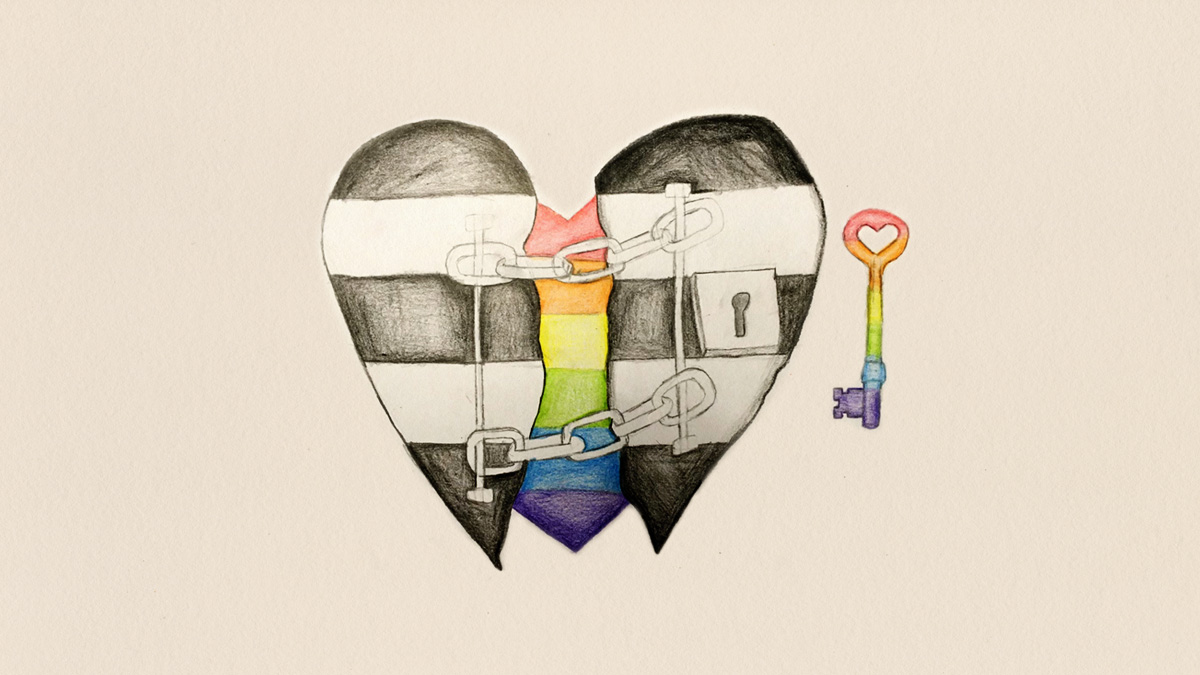Shining the Light on LGBT+
Author: Sam Hardcastle.
9th February 2021.
Yet, it appears this is not enough. Stonewall reports that one in five people have been a victim of a hate crime because of their gender identity or sexuality. A 2019 YouGov poll, of 1000 secondary and primary school teachers, found that homophobic bullying is more prevalent than any other type of bullying. Both reports are damning indictments of the times we live in and further highlight the need to advocate for, and raise awareness of, the LGBT+ community.
Because some children are struggling.
The teenage and young adult years, especially, can be a torrid time for many, as they gingerly work their way through the myriad of emotions and friendships, slowly seeking a place in the world. Yet for those children and young adults who are also coming to terms with their gender identity and sexuality, it can be horrendously overwhelming, confusing and lonely. Many will feel ostracised by their peers, be uncertain about who they truly are and desperately need to see other people like them with similar emotions, experiences and hopes. This is where literature can help.
Representation and visibility
For generations, people have turned to books, as a way of exploring other people’s worlds from the comfort of their own homes. And, as I wrote in a previous article for Chorus, we are often drawn to literature and characters that we can identify with, to help answer questions we have, in the security that no confidences will be broken, no bullying will occur and no shame will be felt.
Through their work, LGBT+ Teen and Young Adult authors create visible characters who are on their own journeys of self-discovery, who are experiencing the trials and tribulations of life as LGBT+. It’s not easy; hearts are broken, dreams are shattered and the horrors of prejudice are all too visceral but their voices are real and, through them, they can give comfort to those who need it. Because for many of these characters, for everything they experience, they rise to take their place in the world with a sense of self-assurance and self-belief and this can provide a beacon of hope for the person reading their story.
Representation and visibility, both in terms of the authors who identify as LGBT+ and the characters they create, is vital for progression. When I was younger, there were no LGBT+ characters in the books I read. For me, this wasn’t an issue in terms of my own gender identity and sexuality. But I often wonder how much it would have helped me to be aware of the difficulties faced by the LGBT+ community and to have been a better advocate. Let alone how much it would have helped some of my friends and peers who I knew were struggling – the 80s and 90s were not kind times to identify as anything other than heterosexual. LGBT+ books and authors are not just for people who are coming to terms with themselves, they are for everyone, because through understanding and empathy, we can create a better world. As the wonderful poet, Audre Lord, once said, ‘It’s not our differences that divide us. It’s our inability to recognise, accept and celebrate those differences’. We must all strive for a society that celebrates diversity in all its glory and may the LGBT+ light shine.
Share this Post

